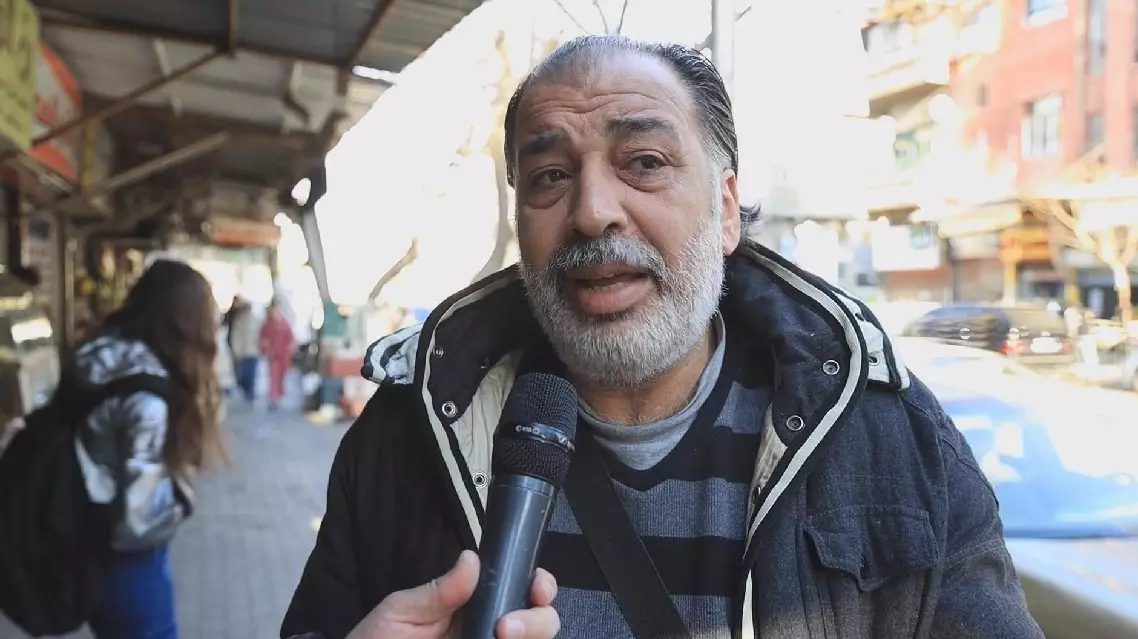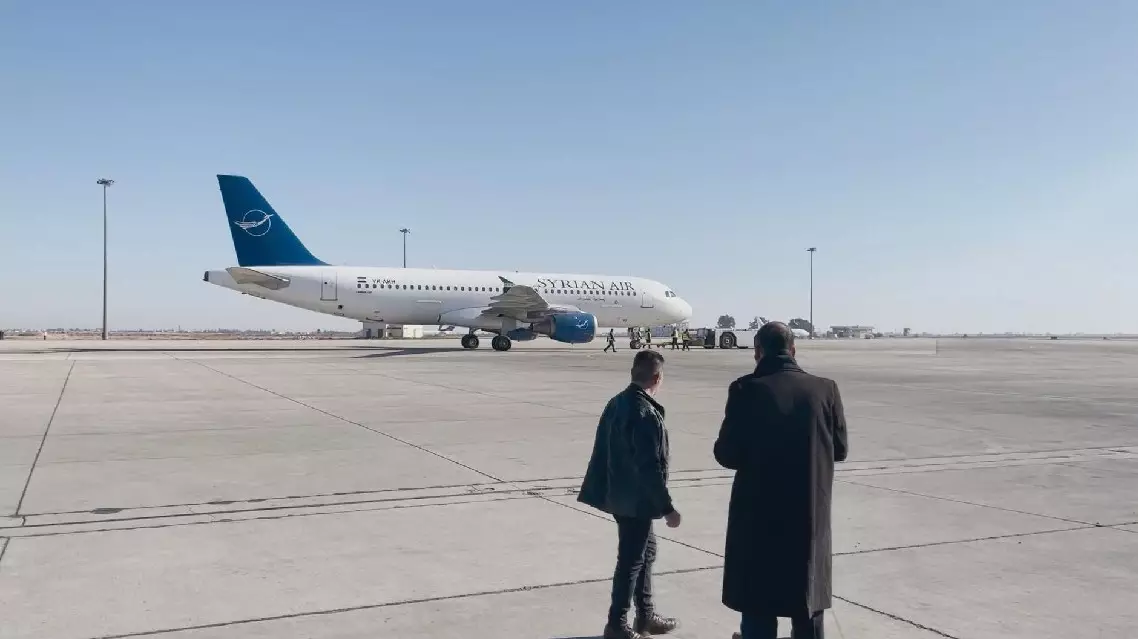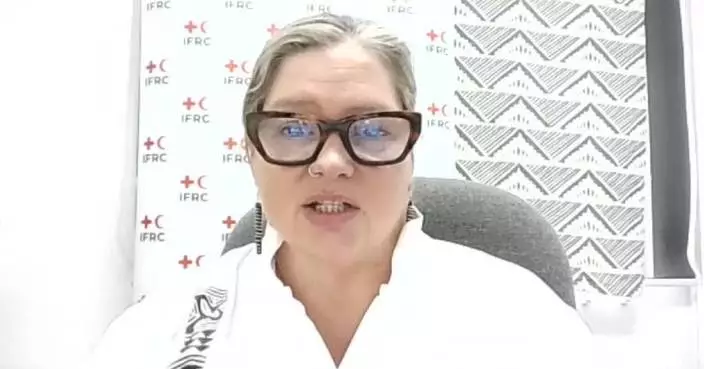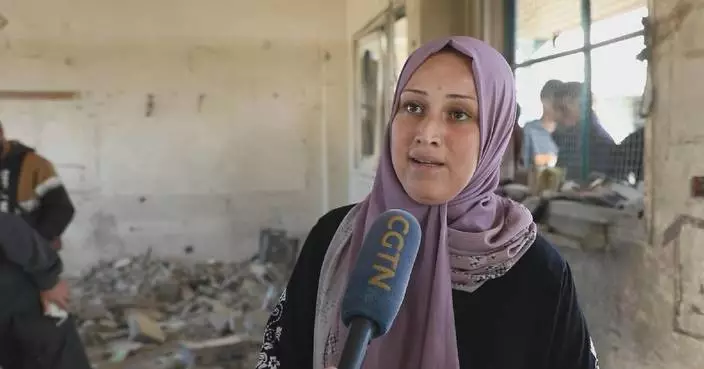Amidst soaring prices and a scarcity of essential goods in Syria, the public is calling for the transitional government to restore the security of society and stabilize market prices.
The fall of Bashar al-Assad's government has exacerbated the economic challenges facing Syria due to a lack of basic services, substantial increases in commodity prices, and a sharp decline in the exchange rate of the Syrian pound against the U.S. dollar.
Since the outbreak of the Syrian civil war in March 2011, Syria has suffered economic losses as a result of a loss of control of resources such as oil and gas, the destruction of infrastructure, and Western sanctions, but the crisis has recently reached its peak.
The political, economic, and security challenges facing Syria have increased the burdens on citizens.
"There are high expenses in the market at present, for example, the high cost of meat, the high cost of housing, the high rents of shops, and the high price of the dollar and gold. There must be supervision over this," said Amal Abu-Ali, a resident.
"Citizens are concerned about two problems: security and the living situation. God willing, the living situation will improve. We pray to God that there will be some control and that the government will not let the merchants control the prices, because the prices have risen a lot these days in a terrifying way. And gas, I hope the new government [will do something]. It is unreasonable for the price of a cylinder of gas to be 200,000 Syrian pounds. The price rose from 20,000 [Syrian pounds] to 200,000 [Syrian pounds]. There are people who do not have money to eat. As a citizen, I do not have enough to buy a cylinder of gas," Tariq Zaatar, another Syrian resident.
The recent regime change in Syria has caused an unprecedented collapse in the exchange rate of the Syrian pound against the U.S. dollar, which has affected the value of the salaries that local employees receive.
"The most significant challenges we face include low salaries, affecting 90 percent of the population, not only the high prices, but the low income. Furthermore, slow Internet speed is a notable issue among many others. And there are many other challenges," said Izz al-Din Bayraktar, a Syrian doctor.
The deteriorating economic conditions, damage to infrastructure, and meeting the basic needs of citizens are the most prominent hurdles faced by Syria's interim authorities.

Syria's economy faces severe challenges, compounding suffering









